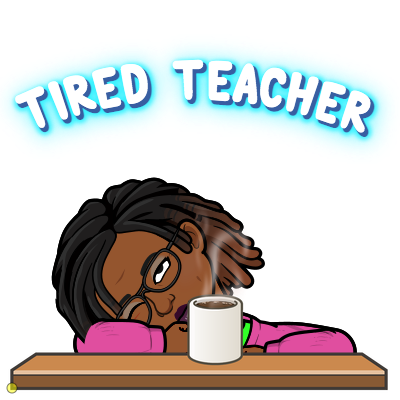Throughout history people have balked at the idea of change. Whether we realize it or not we become comfortable with the "status quo". That comfort often manifests itself as a belief that our way is the "right way". Many people see the lack of close in-person relationships as a problem, a departure from the "right way" of relating to other people. They feel like it is an issue that you might not know your neighbor or the guy down the block and I get it. But, if we are going to be fair, we are have to look at the other side of this. I might not know my neighbor, but I have a lot of insight into what goes on in my neighborhood. Social media platforms give us the chance to expand our neighborhoods beyond walking distance. Now we are able to connect with people who are farther away, but like-minded. We can keep up with friends from childhood, or find (in my case) the love 💖of our life. One might even argue that these relationships are stronger due to the fact that they are based on something more than geographic location. Networked people benefit from interactions with a diverse group of individuals and at the end of the day that can't be all bad. Sometimes we have to change the status quo.
Full transparency I thought this produsage assignment would be a piece of cake. After all this is what I do. I have written thousands of lesson plans over the past 27 years. What actually happened, I got a really good wake up call about how teaching and instructional design are not the same. Let me explain. Good teachers think small. They write lessons that are tailor made for the students who are sitting in front of them that year (or class period). The idea of knowing your kids and creating an assignment that is tailor made for them is the goal. The ideal. When I started the produsage assignment I approached it from this direction. What will the sixth graders that I have in my class this year be able to do? What do I want to accomplish with them? What I have come to realize that instructional designers think BIG ! It's not about what you need for just a few kids who you see everyday. Instructional designers create lessons on a much larger scale. The lessons you create nee...

I couldn't agree with you more. The status quo is something that needed to be changed long ago. I think back to 60 years ago and how women were expected to be teachers, nurses, or secretaries. Thanks to other women changing the status quo, we are now free to be whatever we want. I think that social media has helped speed up this process. I really like that you said that you might not know your neighbor, but you know what's going on in your neighborhood. This feels like something that's important to remember going forward. :)
ReplyDelete